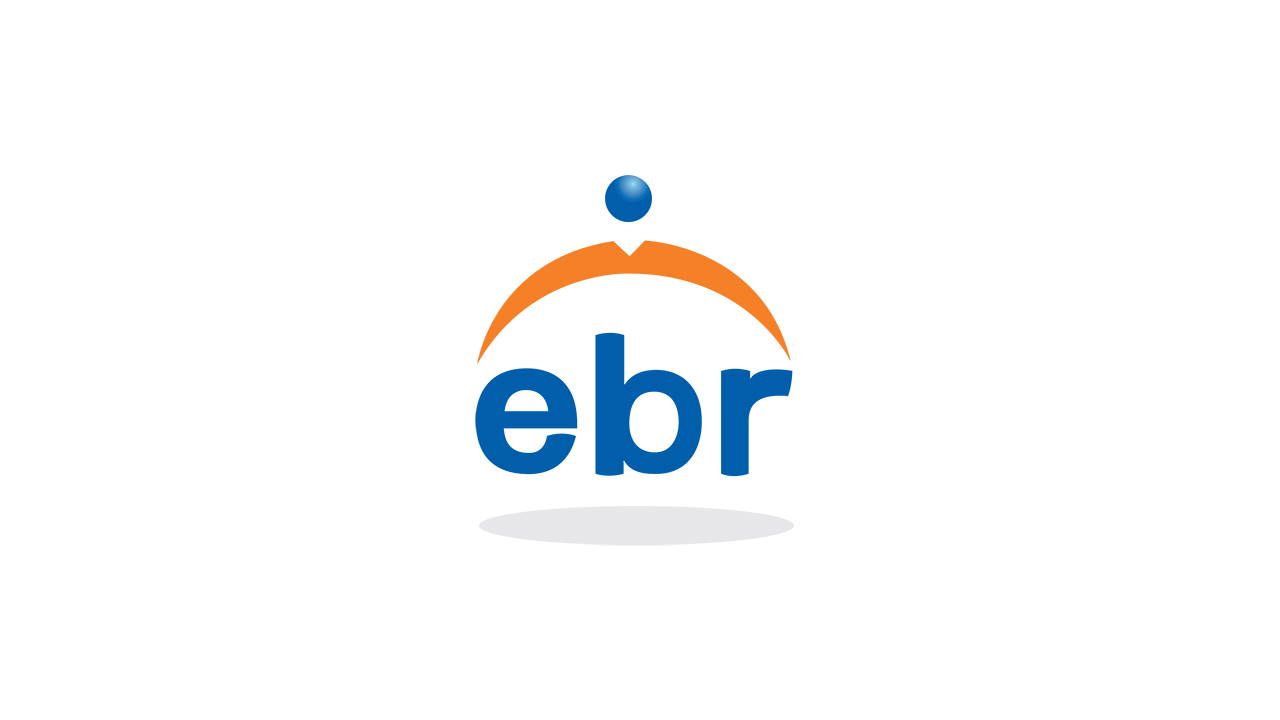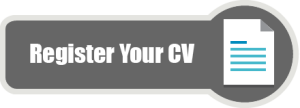Winning The Interview Game
It's a fact that the best candidate doesn't always get the job; the candidate who gets the job is the one that performs best at the interview. The interviewer is assessing not only whether you can do the job, but whether you will fit in to the team.
* Preparation
* Presentation
* Personality
To win the interview game you need to anticipate and meet the interviewer's expectations. You should be able to "sell" yourself, build rapport, reveal positive attitudes and opinions and speak clearly and confidently. Above all, you must demonstrate the relevance of your skills and the benefit of your experience to prospective employers.
You should have your own agenda. If you have experience which is appropriate to the job in question - be sure you present this, whether questioned or not. You may have to compensate for an less than brilliant interviewer.
Preparation
Research the company, its products or services, competitors, company accounts etc. Prepare any questions you want to ask. Get a copy of the Annual Report or the company brochure. Read it and use the information to ask some intelligent questions - the quality of your questions says a lot about you as a candidate.
Also, be ready for the questions you will be asked (see below for examples). Because interviewers are notoriously predictable, you should be able to anticipate most of the questions and prepare your answers.
Whilst you should not appear over-rehearsed, thinking carefully about these questions will ensure you are better prepared. Finally, make sure you know your own CV.
Presentation
The image you present has never been more important, and first impressions are vital.
Research consistently highlights on-the-spot decision making by interviewers, based on how a candidate comes across in the crucial first few minutes. Typically, recruitment decisions are made in the first five minutes, before you have had much opportunity to speak in your own favour. Essentially, if a candidate looks the part, the interviewer will assume he or she can do the job. If you don't look successful, the interviewer won't think you are!
Personality
Remember that the interviewer is not only assessing your skills and experience, but also whether he/she likes you, and above all, whether they think you'll fit in. It is important to try to develop a rapport with your interviewer - help put them at their ease. The more comfortable the interviewer feels with you, the better the interview will go.
Be aware of the following:
* Have a firm handshake
* Maintain plenty of eye contact
* Don't go on too much - watch for any signs of boredom on behalf of the interviewer
* Avoid jargon
* Don't fidget (with your hair, with a pen etc..)
* At the interview, be positive and enthusiastic about the job and the company, even if you decide you're no longer interested in the position.
* Enthusiasm can sometimes compensate for not possessing quite the right experience.



